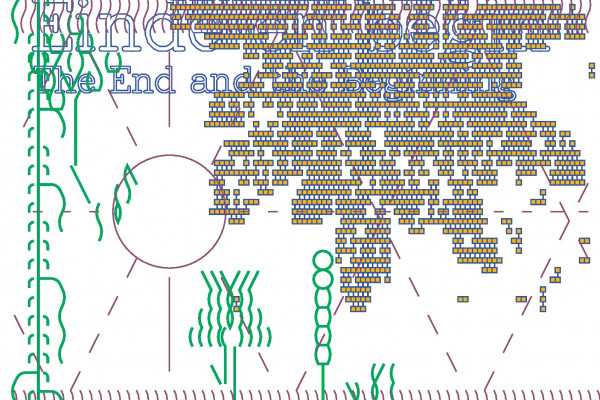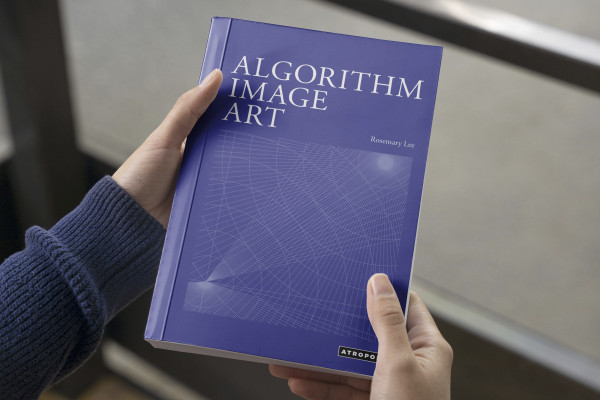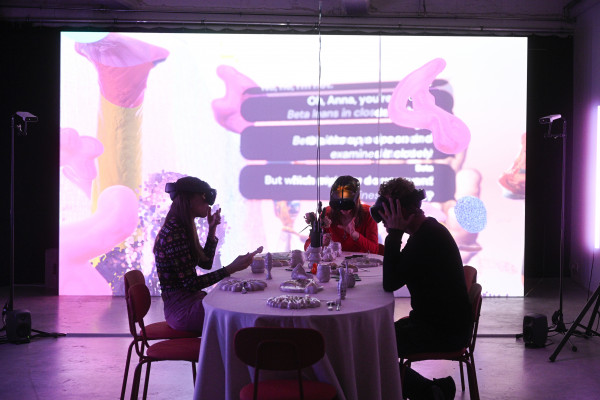The symposium AI Made Me Do It will delve into the integration of artificial intelligence in everyday life, emphasizing its architectural and spatial implications. With a focus on the evolution of images and image-making, we will investigate topics spanning domestic environments to urban landscapes, addressing hidden labor, data ethics, and the environmental footprint of AI systems. The event will also explore how language acts as a quasi-designer in shaping digital interpretation, as well as the shifting role of images—moving from representational to operational and, ultimately, to invisible. Today, AI technologies have seamlessly embedded themselves into our lives, transforming everything from personal routines to our built environment. From voice-based assistants to generative models, these systems have not only mediated but actively shaped our physical and virtual interactions. This new reality complicates traditional boundaries between human and machine activities—tasks like writing, navigating, and even caregiving are no longer solely human endeavors. AI has redefined our understanding of vision, perception, and space, presenting new ambiguities and reshaping familiar modes of interaction. This rapid evolution has prompted significant regulatory and ethical discussions. The European Union’s recent enactment of the Artificial Intelligence Act (February 2024) reflects growing concerns over AI’s impact on society. Simultaneously, major tech companies like Nvidia, Google, and OpenAI continue to accelerate research, launching new models and expanding AI’s capabilities at an unprecedented pace. During the symposium AI Made Me Do It, we aim to uncover the layers of AI’s pervasive influence on our daily experiences. We will critically examine the datasets powering these technologies, scrutinizing their origins, the often-unseen human labor involved, and the natural resources required. Discussions will consider practical questions such as the amount of data needed for a robotic vacuum to efficiently navigate a home or the controversies behind training autonomous vehicles to understand complex urban scenarios. By situating these AI systems within broader sociocultural and environmental contexts, we aim to reveal the hidden stories behind their development and deployment. Our goal is to foster a deeper understanding of how AI, through its reliance on human habitats and everyday objects, transforms our interactions and reframes our relationship with the world.
With keynotes by EMAP artists Anna Pompermaier & Cenk Güzelis, Valdemar Danry, Nicolas Gourault and Rosa Menkman.
The event takes place on 14 + 15 November 2024 at ./studio 3, in Innsbruck.



